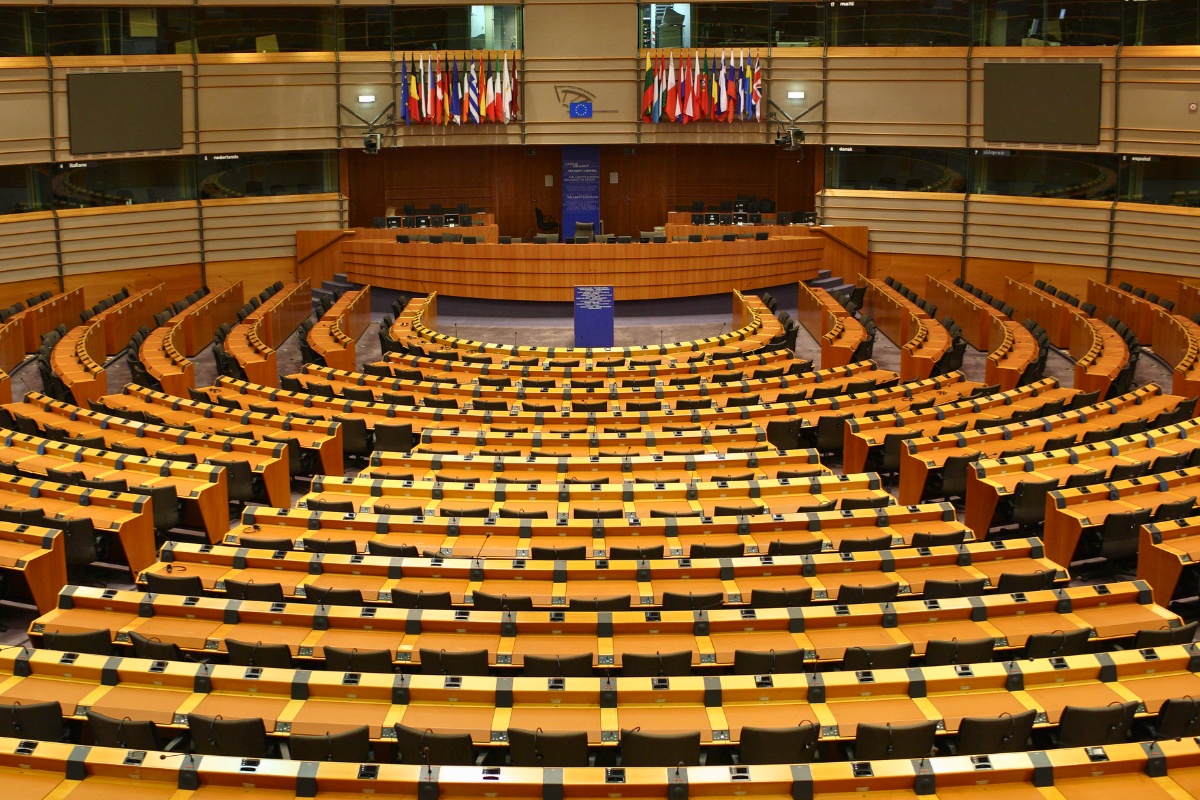Third-Party Litigation Funding (TPLF): European Commission Study Published

Last March 21, the European Commission published the study requested by the European Parliament on the state of the art of TPLF in the European Union and certain other countries (Canada, Switzerland, the United Kingdom and the United States).
The research, based on national reports, interviews, and stakeholder consultations, provides a comprehensive picture of current regulations and practices and aims to inform the European Commission’s future policy decisions on TPLF, in particular on the follow-up to the European Parliament’s resolution of September 13, 2022 with recommendations to the Commission on responsible private funding of litigation (2020/2130(INL)).
General Overview of TPLF in the European Union
The report points out that, in most Member States, there is no specific regulation of TPLF, with the exception of provisions implementing Directive (EU) 2020/1828 on representative actions for the protection of the collective interests of consumers. Although TPLF is generally not prohibited (with the exception of Ireland), a significant proportion of stakeholders at the European level believe regulation is necessary to ensure transparency and avoid conflicts of interest.
Focus on Italy: an emerging market without regulation
As for Italy, the study outlines a TPLF market that is still in the development phase. The study highlights the following findings:
- Absence of specific regulation: Currently, there is no legislation in Italy that directly regulates TPLF. Its validity is based on general principles of contract and procedural law. There are also no specific legislative plans on the subject.
- Growing use: TPLF is mainly used in commercial, financial, and securities litigation, especially in complex and expensive cases. There is growing interest in its use in mass tort claims (product liability, antitrust damages).
- Lack of statistics: No reliable statistics are available on TPLF in Italy. The market is considered emerging and small, with a limited number of active players.
- Administrative supervision: Administrative supervision is still under development. In general, TPLF is allowed, but there is a lack of dedicated supervisory regulation. However, funder operating as a ‘Società di Investimento a Capitale Variabile’ (SICAV) are subject to supervision by Consob and the Bank of Italy. To date, it appears that only one funder operates under this legal form. In contrast, the Supreme Court has ruled that companies that acquire rights and litigious claims are not subject to the registration requirement of Article 106 of the ‘Testo Unico Bancario’ (TUB). An in-depth discussion of the jurisprudential issue is available at this link.
- Limited compatibility with European measures: The absence of specific regulation implies limited compatibility with the measures proposed by the European Parliament resolution, with the exception of financial regulation applicable to SICAVs and general principles of civil law governing financing contracts.
Conclusions:
TPLF in Italy is a growing sector that, while not yet specifically regulated, is attracting increasing interest among legal and financial practitioners. The results of this Europe-wide study and the specifics of the Italian context highlight the need to closely monitor future developments, both at the national and European level, in the regulation of third-party litigation financing.






